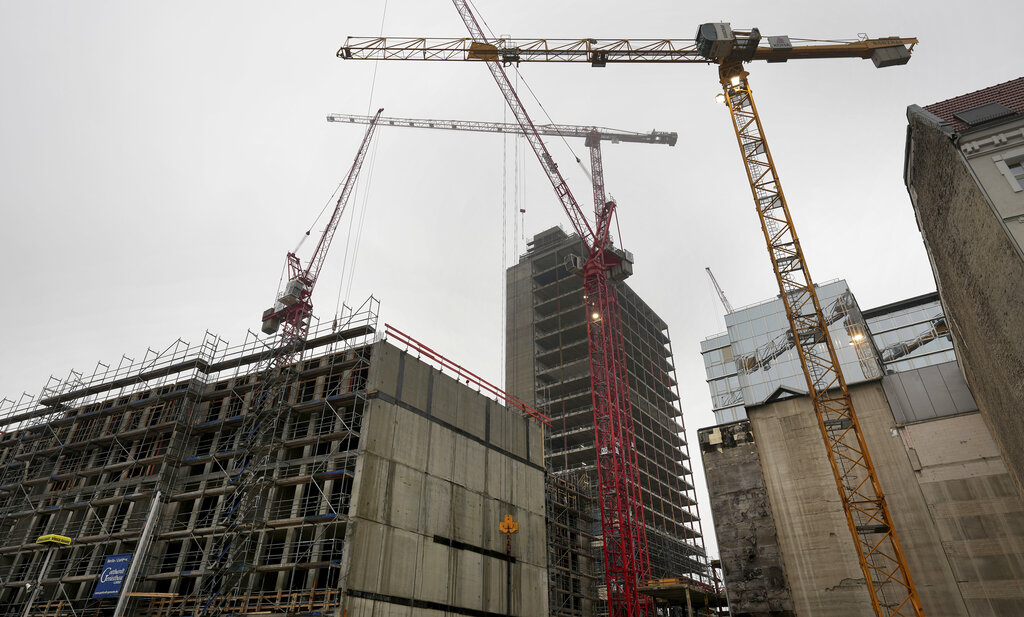The proportion of affordable homes in Germany fell further last year. For couples with a net monthly income of around €3,700, only 28 percent of all homes on offer were even considered in terms of cost, according to a study by the Cologne Institute for Economic Research (IW). At the beginning of the year, this figure had been approximately 40 percent.
Even for the top 20 percentile of all households, the purchase possibilities sank from 62 percent to 47 percent, and real estate prices are rising particularly dramatically in metropolitan areas. There, the share of affordable offers for the group of high earners has more than halved. Even in regions adjacent to metropolitan areas, about 46 percent of the advertised properties were no longer affordable for them.
Inflation shrinks the budget of the Germans
The reason for the change was not a price increase, but the reduced amount of money the population had available during inflation. According to IW, Germans had to contend with increases in construction costs, the energy crisis, and the interest rate turnaround last year. Those who had to spend more on electricity or gas had fewer opportunities to save for a house.
Political measures made homeownership even more expensive. “Policymakers are acting procyclically this year by reducing subsidies for new construction and existing homes, so they are exacerbating the cost increases for potential home-owning households,” the study’s authors explain.
Fewer home purchases – fewer vacant rental apartments
Meanwhile, the reluctance to buy owner-occupied properties is also having an impact on the rental housing market. While fewer people were able to fulfill their dream of owning their own home last year, fewer rental apartments became available.
“Housing policy must respond. In the current market phase, it is more important than ever to design active home ownership policies,” say the authors of the IW study. “This includes the introduction of a progressive land transfer tax with property tax allowances for first-time buyers and owner-occupiers, the introduction of subordinated loans, and mortgage insurance,” they added.





